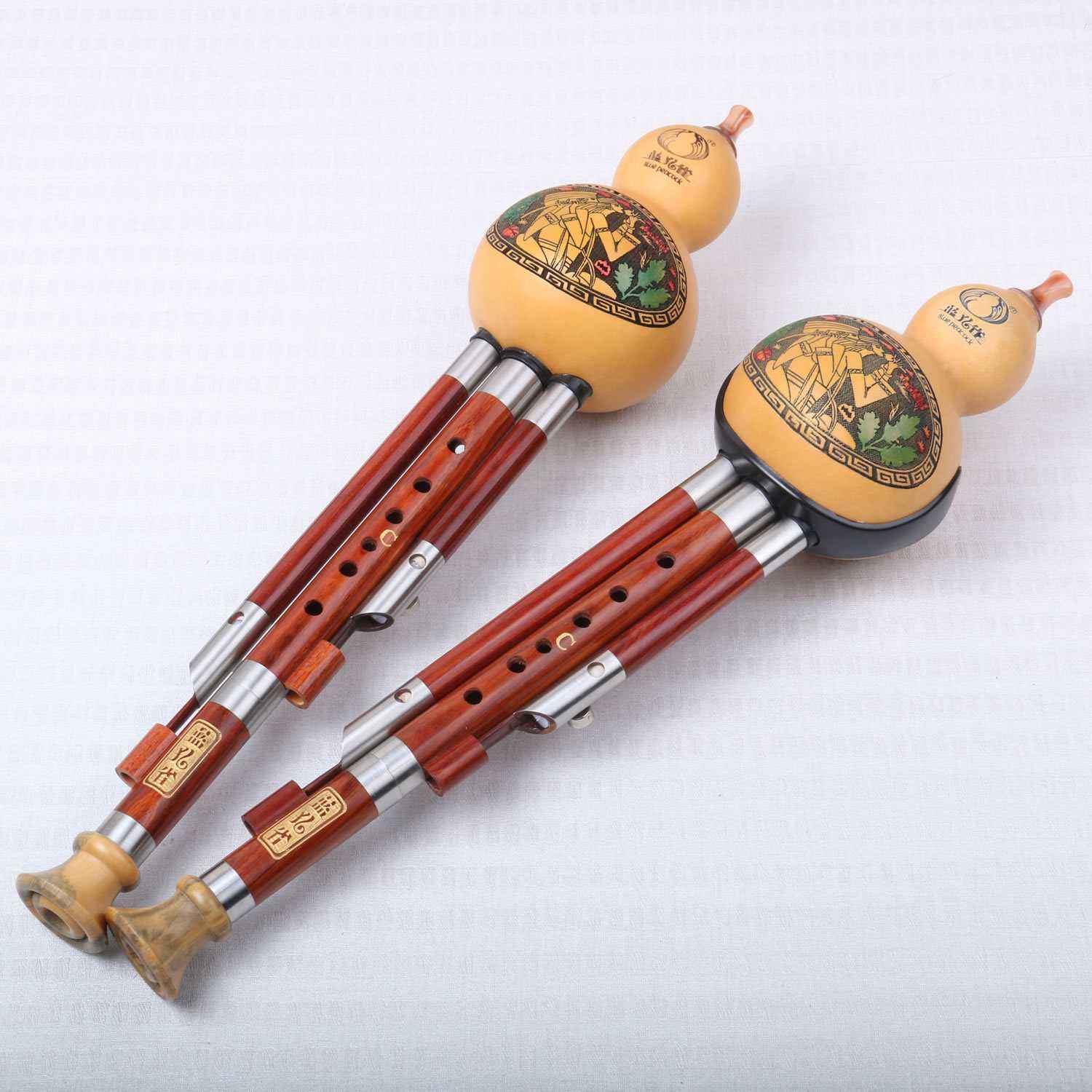How to Avoid the "Goo" Sound of Hulusiba
The pronunciation of cucurbit flute and bawu is very special. For example, the sound produced by weak breath has only one "goo" sound from beginning to end. This phenomenon usually occurs for beginners. We can try to gradually increase the sound to become normal. That is to say, the playing breath of cucurbit flute and bawu needs a certain intensity, especially the playing intensity of the bass area is stronger, and the sound is normal.

Most beginners will encounter these two problems when they can play a normal sound. One is that the beginning of the sound is always the "goo" sound first and then the normal sound is produced. Make a "goo" sound, which will seriously affect the playing effect. How to avoid the "goo" sound at the beginning and end of the sound. First of all, solve the "goo" sound of the sound head. Most beginners use "hu" to play the sound head. We can experience that when we "huo" in one breath, the breath head is soft and the strength is very weak, and the sound is "Goo" sound, and then with the increase of airflow, the pronunciation is normal. In fact, the solution is very simple. As long as everyone starts with the "spit" sound, the "goo" sound can be avoided. Why can the "spit" sound be avoided? Because when we make the "spit" sound, it is actually an explosive action. You can experience it. We know that the explosive sound must have a certain strength and intensity, so that the air flow reaches the dynamic head required for normal sound. Fresh and clean.
The second solution is the "goo" sound at the end of the sound. When a sound is played, especially the bass 5.6.7. The three sounds are more serious, and then there will be a "goo" sound, which sounds particularly uncomfortable. This "goo" sound occurs, because after you finish blowing a sound, there is actually residual air in your mouth. When this part of the residual air is released, it has almost no strength and intensity, so the sound produced by this part of the air is a "goo" sound. , we want to avoid it, only after blowing, open the lips quickly, cut off the airflow, and the residual air is still kept in the mouth, so as to avoid the appearance of the residual sound "goo".
 渝公网安备 50010702504639号
渝公网安备 50010702504639号